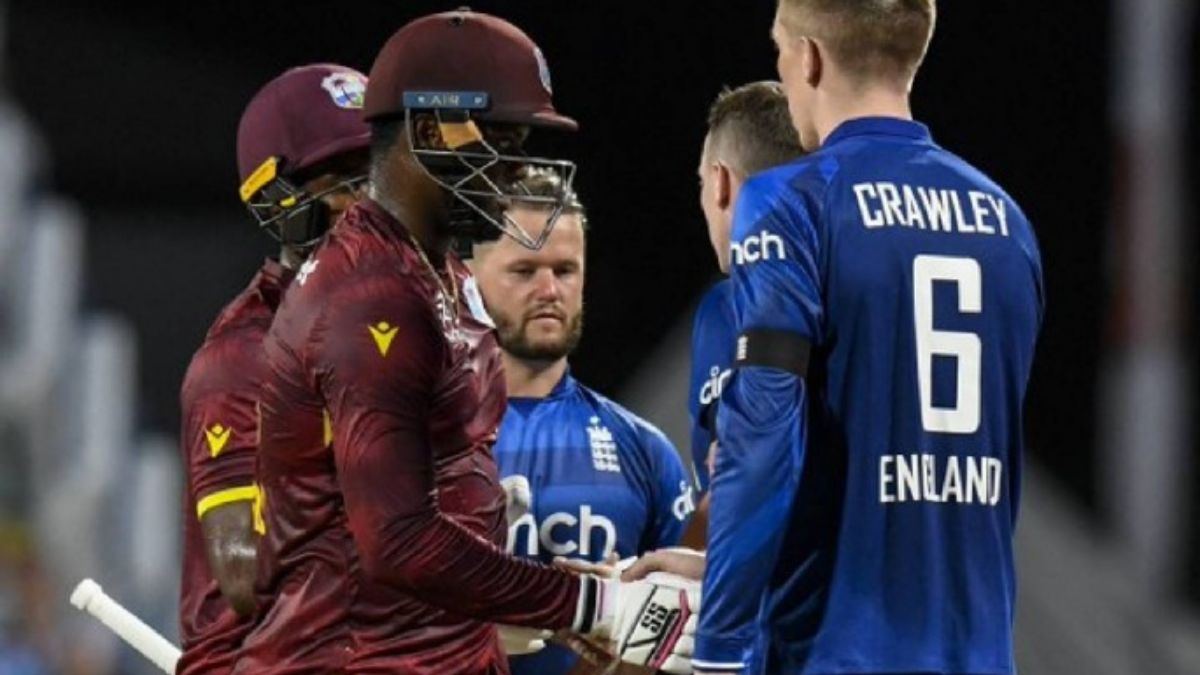Tomorrow marks a revolutionary day for international cricket as the International Cricket Council (ICC) introduces a stop clock experiment aimed at saving time during limited-overs matches.
This initiative aims to streamline proceedings and discourage time-wasting tactics by teams. The rule will be implemented in One Day and Twenty20 cricket from December 2023 to April 2024, covering a total of 59 international matches.
The first implementation of the stopwatch will occur in the upcoming Twenty20 match between West Indies and England.
ICC implements new rule to speed up the pace of play in white-ball cricket 👀
More ⬇️https://t.co/jJEmGNrBxK
— ICC (@ICC) December 11, 2023
As per Article 41.9 of the Rules of One Day and Twenty20 Cricket, this rule is designed to ensure that the fielding team adheres to time constraints.
Following the completion of an over, the fielding team will have 60 seconds to commence the next over. A timer will be displayed on the on-field screen at the conclusion of each over.
Failure by the fielding team to comply with the time limit will result in two warnings. If this infraction recurs for the third time, the batting team will be awarded 5 extra runs.
Instances when the clock will stop include:
- When a new batsman is arriving to bat between two overs
- During the official drinks break
- When the batsman or fielder is injured and the umpire approves treatment
- When time is wasted through no fault of the fielding team
The responsibility of starting the 60-second period will lie with the third umpire. In cases where the fielding team is prepared to bowl, but the batting team delays, the umpire will issue a warning.
ICC Director Wasim Khan mentioned that the stock clock rule will undergo testing in the near future.


